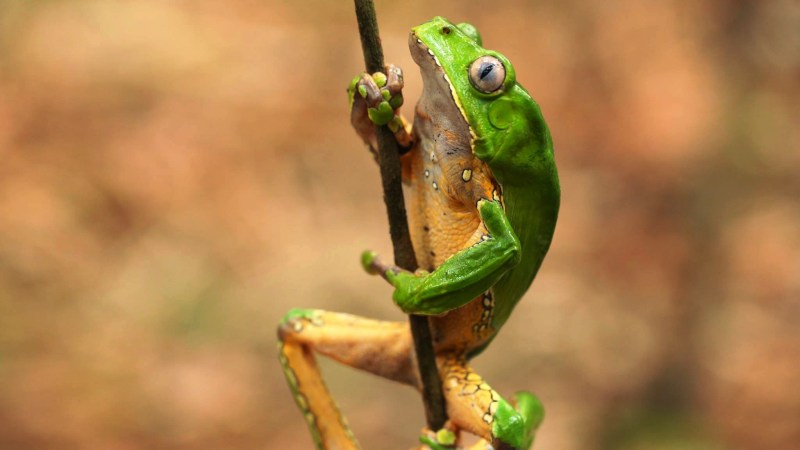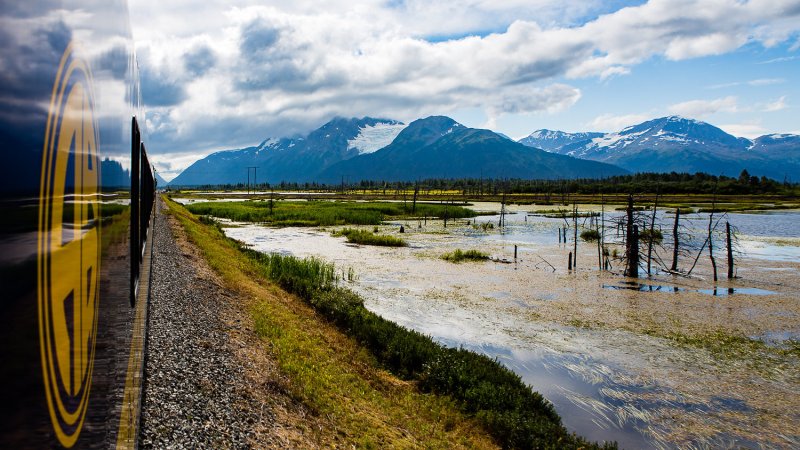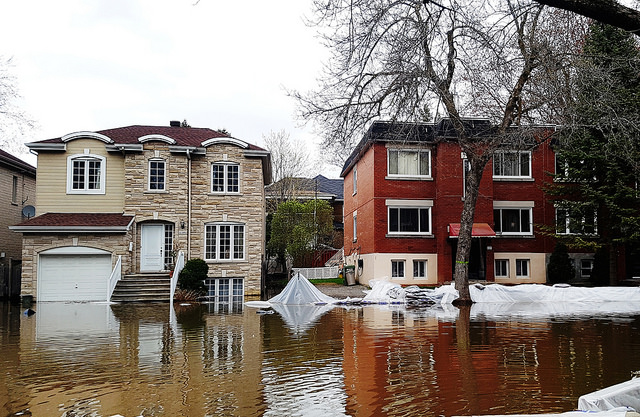

In 2011 alone, livestock pushed about 119.1 million tons of methane into the air. And although carbon dioxide emissions are far greater in terms of volume, know this: because methane captures way more of the sun’s energy, it’s actually a more potent greenhouse gas than CO2. Methane warms our atmosphere about 86 times as effectively. Plus! After about two decades it decays into…yeah, CO2. If this info is freaking you out, consider that cutting out beef can reduce your so-called methane footprint. That’s why we came up with a punny initiative we’re calling #NoRedOctober. For the month of October, we’re encouraging everyone to put aside their burgers, lamb chops, and steaks in an effort to curb those problematic cow farts. Think about it this way: if every American ate zero red meat during #NoRedOctober, that would be 2.1 billion pounds of meat saved during a single month, or about 460 million pounds of methane we’d keep from entering the atmosphere. Throughout the month, we’ve been looking at our beef habit from a variety of angles, including antibiotic resistance, the dietary need for iron, and how #NoRedOctober compares to Meatless Mondays. We’ve also encouraged you to take the #NoRedOctober pledge with us on Instagram. Below are just a few of the many mouthwatering images you’ve tagged. Oh, and if you need some recipe inspiration, our pals at Saveur have a list of 31 non-red-meat recipes to get you through the rest of the month and then some.







